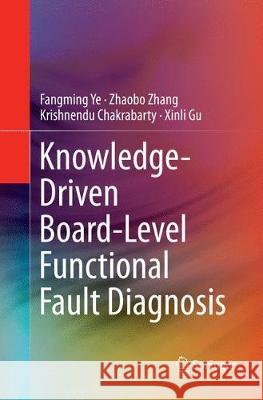Knowledge-Driven Board-Level Functional Fault Diagnosis » książka
topmenu
Knowledge-Driven Board-Level Functional Fault Diagnosis
ISBN-13: 9783319820545 / Angielski / Miękka / 2018 / 147 str.
Kategorie:
Kategorie BISAC:
Wydawca:
Springer
Język:
Angielski
ISBN-13:
9783319820545
Rok wydania:
2018
Wydanie:
Softcover Repri
Ilość stron:
147
Waga:
0.24 kg
Wymiary:
23.39 x 15.6 x 0.89
Oprawa:
Miękka
Wolumenów:
01
Dodatkowe informacje:
Wydanie ilustrowane











